Do air purifiers actually work? Experts advise on how to improve air quality
Air purifiers claim to target smoke, dust, pet dander and unwanted odors, but how do they work - and can they really help you stay safe?
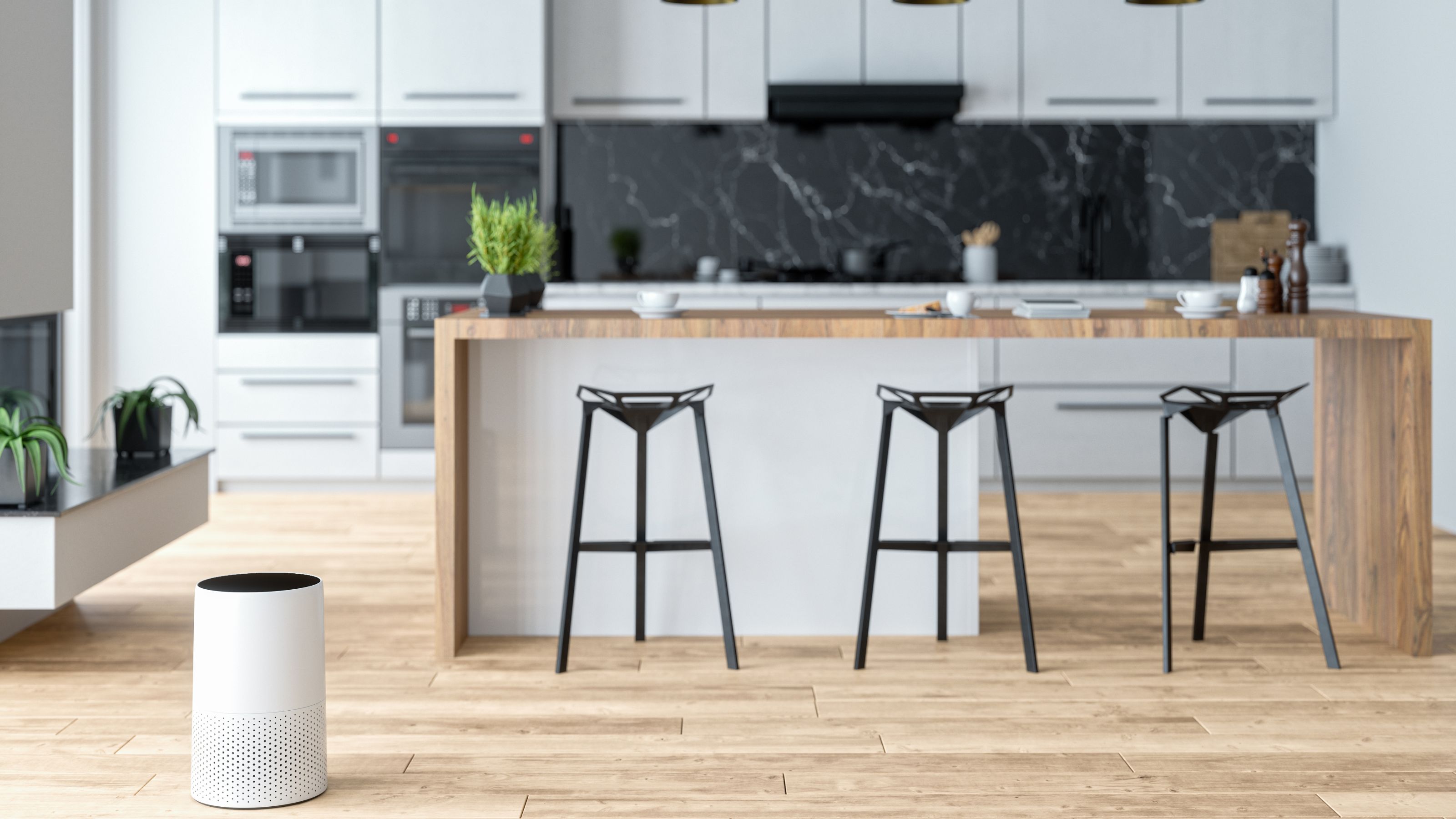

Air purifiers are increasingly a household essential. Working to improve air quality inside of your home, they claim to clear the air of pollutants like smoke, dust, pet dander, and unwanted odors. But not all air purifiers are effective, and marketing jargon can make their claims against risk confusing.
From helping consumers stay safe against wildfire smoke, to reducing the causes of allergies and asthma, air purifiers are said to manage symptoms by cleansing the air you breathe. So how do they work? What are the health benefits? Do these devices actually purify your household air?
Well, the experts say that even the best air purifier can't do it all. According to the United States Environmental Protection Agency (EPA), portable air purifiers are only designed to filter the air in a single room or area. Central furnaces or HVAC filters, however, can purify the air throughout a whole home.
As one of H&G's product reviewers and shopping editors, I've researched, reviewed, and spoken to the specialists for their thoughts on whether air purifiers really work.
How do air purifiers work?
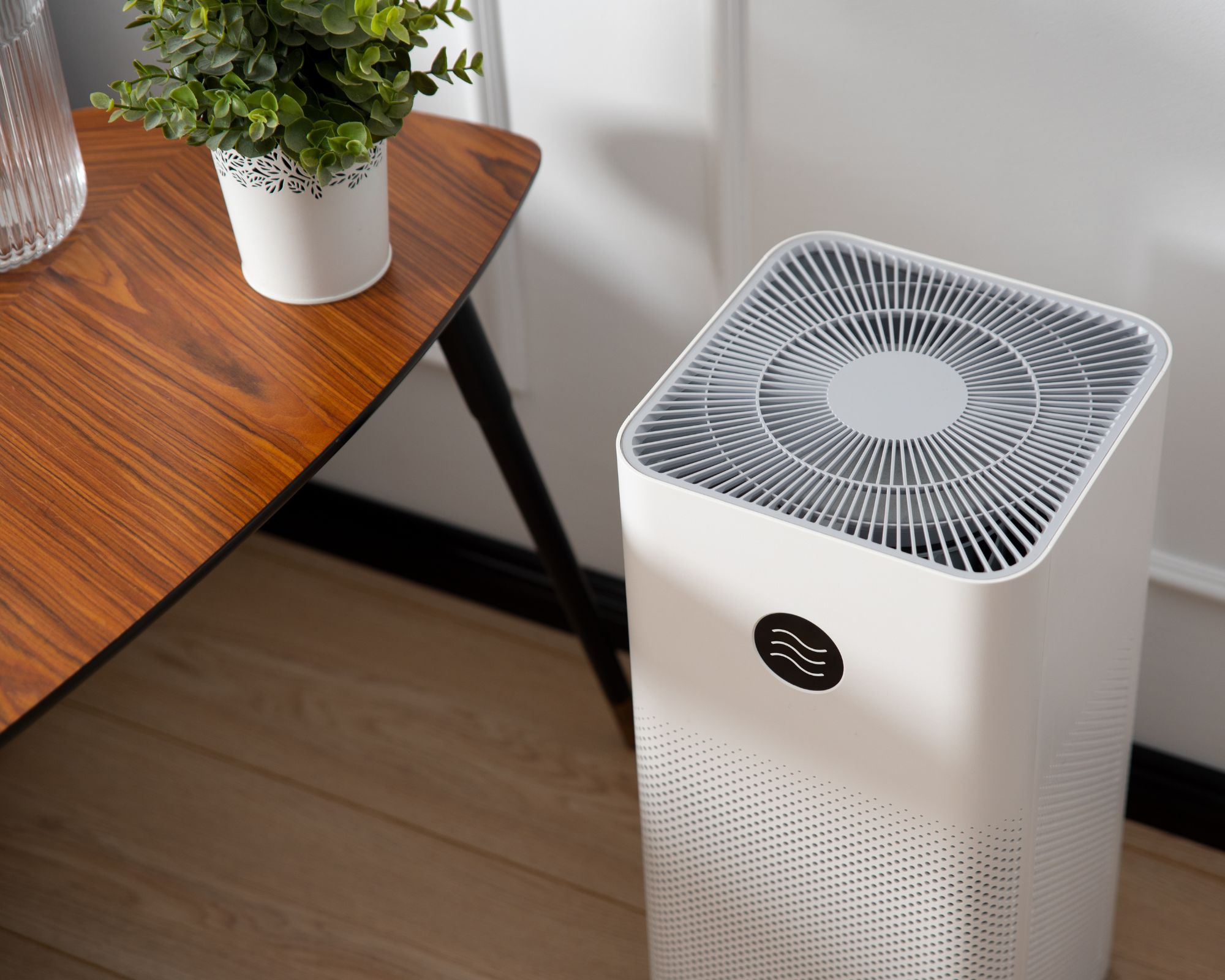
Air purifiers are designed to improve air quality by filtering the air inside a room. They 'contain a fan that sucks in and circulates air. As the air enters, the filter captures and removes harmful particles and pollutants from the air, before pushing out the clean air.
As Saul Davies, Buying Director at Beldray explains, 'most units will contain three filters – a pre-filter, HEPA filter and a carbon filter'. Almost all air purifiers will use activated carbon filters to capture odors, but not every purifier will use all three types. The type of filter the unit uses will affect the type of - and how many - unwanted substances that can be captured. Some air purifiers may also use other technologies to clean to air, including ultraviolet irradiation to target bacteria and mold.

As Buying Director at Beldray, Saul is responsible for overseeing product development across the brand’s Heating and Cooling product categories. With over 13 years of experience in the field, Saul applies his wealth of knowledge to consistently innovate and bring new Beldray products to market. Along with his team, he has been involved in the design and development of some of Beldray’s most popular desk fans, air purifiers, and heaters.
What are the benefits?
Essential devices for improving air quality, there are many supposed health benefits. Air purifiers can play a crucial role in mitigating the harmful effects of smoke and pollutants. As George Negron, maker of innovative home solutions at Timilon Corporation argues, 'In areas of New York City where natural or mechanical ventilation is limited, air purifiers have been able to respond effectively to Canadian wildfire smoke by quickly breaking down the chemical odors associated with it.'
'Exposure to wildfire chemicals, odors, and particulates can have severe health consequences for both humans and animals. It can lead to respiratory issues, worsen existing respiratory conditions, trigger allergies, and pose risks to cardiovascular health.' states Negron.
Alongside ridding homes of smoke toxins, air purifiers are effective for removing pollen, which makes them a great solution for hayfever and allergy sufferers. If an air purifier is fit with a HEPA filter, it'll work to release negative ions that neutralize and sanitize airborne pollutants to help alleviate symptoms.
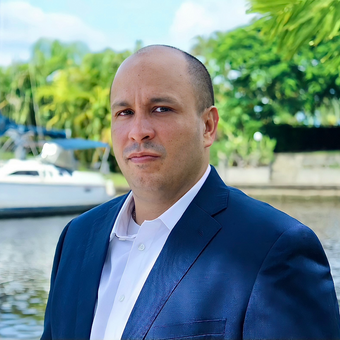
George Negron is the Vice President of Operations of Timilon Corporation - an innovative technology company focused on the development and commercialization of proprietary nano-chemistry technologies. He has played an instrumental role in the company's growth, responsible for operations within its three sub-brands: Fast-Act, OdorKlenz, and EnviroKlenz. He has been able to help take it from a startup to a multi-million-dollar corporation in just seven years.
Do air purifiers actually work?
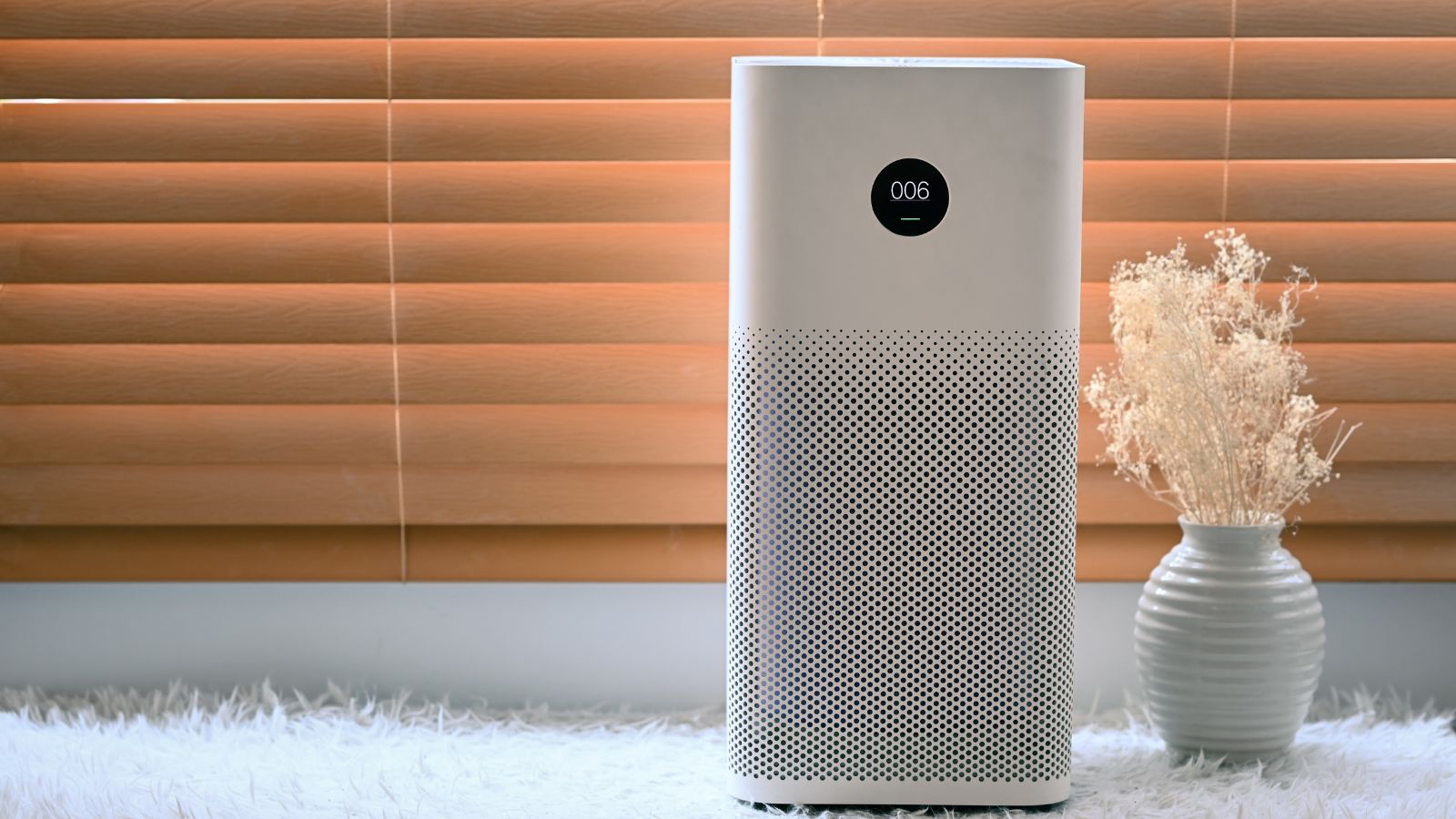
This is all well and good, but do they actually work? If you're wondering whether an air purifier is worth it, you should consider that the experts suggest that an air purifier's effectiveness depends on its filter type and the pollutants present in the home. An air purifier should also be just one component of a comprehensive approach to maintaining a cleaner indoor air environment. As Negron suggests, whether an air purifier works will depend on 'homeowners selecting the unit that best suits their needs'. In short, they can be incredible helpful, but they're not perfect.
For example, Alvin Pullins, a home improvement and maintenance specialist, says that the 'efficiency of the air purifier will be based on several factors'. These include 'the type of pollutant being targeted, the size of the unit, quality of the filters used, and many more.'
'Air purifiers are not a panacea for all air quality issues but I think they are still very useful in reducing indoor air pollution and improving air quality,' he summarises. 'In other words, they're essential for individuals with allergies, asthma, or respiratory conditions, but they may have limited impact on certain types of pollutants such as volatile organic compounds and gases.'

Alvin Pullins is a U.S based home improvement and maintenance specialist. He's a qualified expert specializing in home improvement, organization, cleaning, and appliance maintenance. He has been featured on several media platforms and blogs where he has helped, participated, and contributed to numerous professional home-related queries.
His passion for home improvement and maintaining household appliances began with renovating and updating his own homes. He has first-hand experience with the challenges and rewards of maintaining a comfortable and functional home.
The best air purifiers
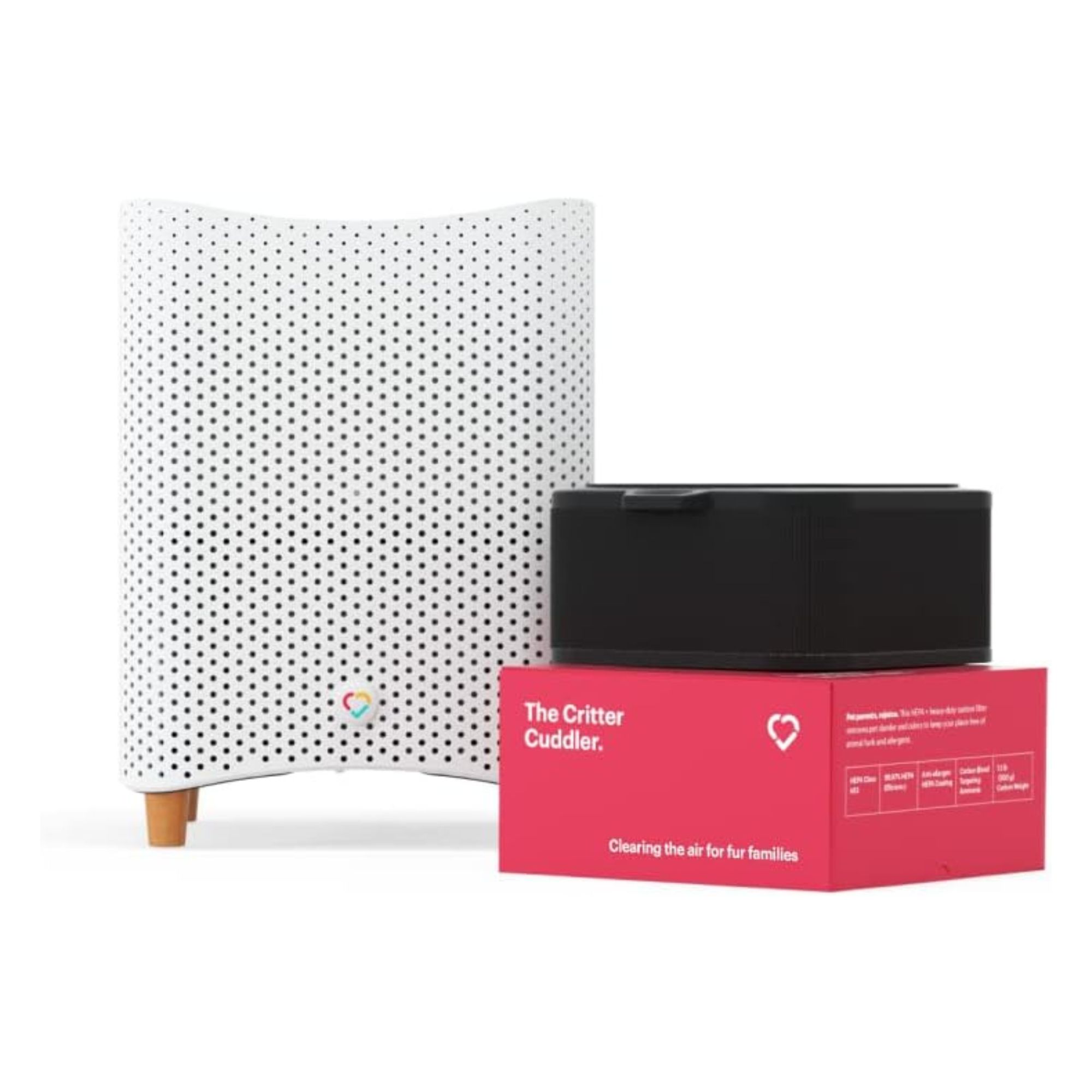
The Mila air purifier is our tried and tested best air purifier. With customizable features, you're able to adjust the unit to meet your needs and the indoor environment you're trying to clean. It contains two filters – the H12 HEPA filter and the H14 HEPA filter which is perfect for protecting against allergens.
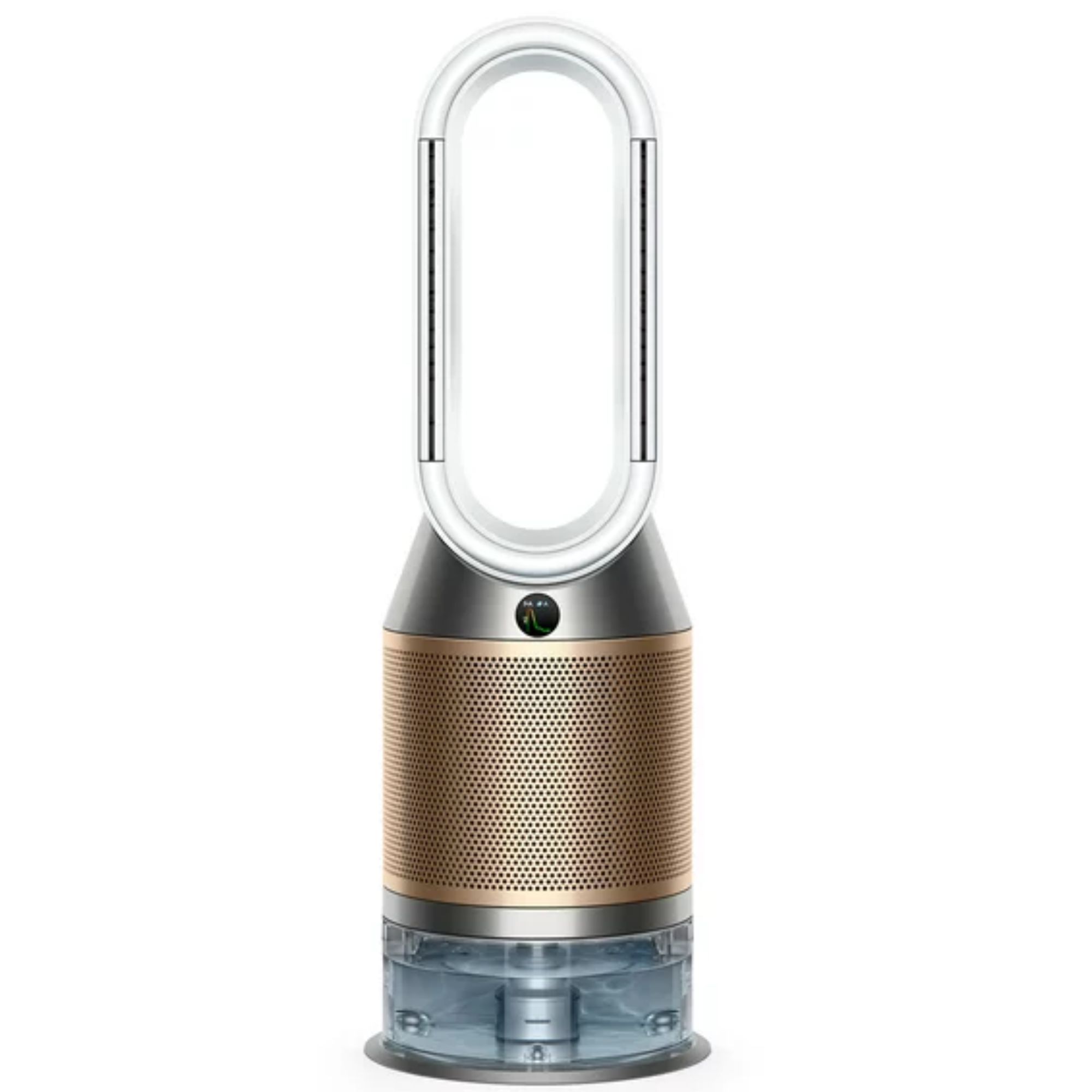
Dyson's Hot+Cool HP07 Purifier is a multifunctional fan, heater, and air purifier. Units like this usually come with the risk of compromising the quality of one function for another. This Dyson purifier can do it all, heating and cooling as well as purifying, but it's expensive.
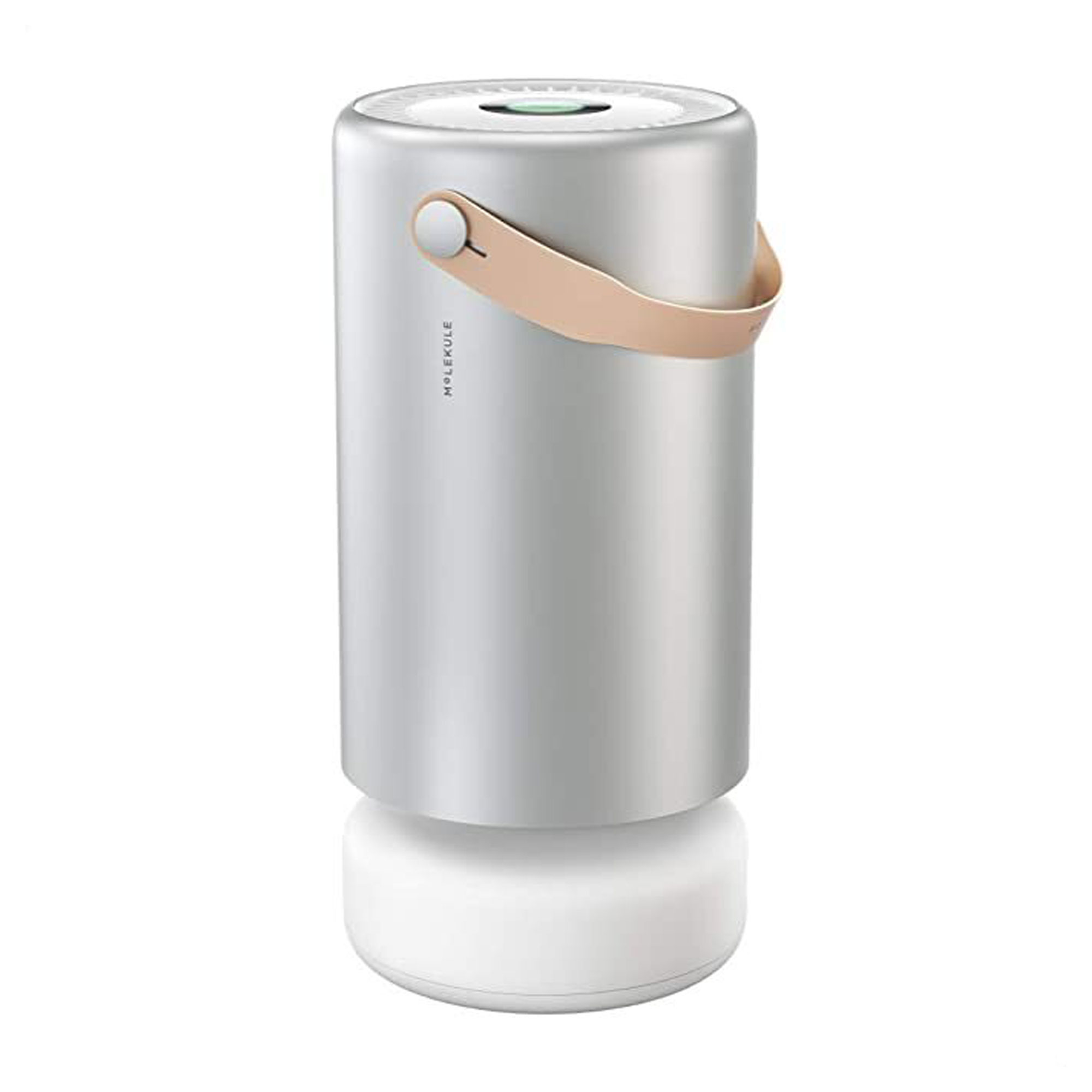
Most air purifiers are designed with small rooms in mind – and the experts advise to never rely on one air purifier for the whole of your home. But the Molekule Air Pro purifier has claimed the title of best air purifier for large spaces. During testing, this unit performed the best in an especially big open floor plan.
FAQs
What is a HEPA filter?
According to the American EPA, a HEPA filter is a 'type of pleated mechanical air filter.' Also known as a high-efficiency particulate absorbing (or arrestance) air filter, this filter meets an efficiency standard that can theoretically remove at least 99.97% of dust, pollen, mold, bacteria, and any airborne particles within a certain size. It is recommended by experts to select air purifiers with these kinds of filters for the most effective use.
Is it healthy to sleep with an air purifier?
While some experts warn against running at AC at night, leaving an air purifier on while you sleep can have great benefits for how well you rest, and your health and wellbeing. Clean air is better for overall respiration, as allergens and irritants are reduced. Air purifiers can therefore help you breathe easier and sleep more deeper. This can help with certain health risks. How healthy it is to sleep with one on, will, of course, depend on the type of air purifier and the filter it has.
One key consideration when sleeping with an air purifier is cost. While it may be better for your health, it's important to check how much your air purifier costs to run per hour.
Should you run an air purifier everyday?
Air purifiers are designed to be used all day. It can take around 30 minutes for one unit to clean the air of a small room, and just a few hours for larger, open-planned rooms. But to diminish noise and allow for steady operative performance, a 24/7 use of an air purifier will effectively clean the air of any size room. However, it means that you'll have to clean your machine more often, and replace air filters more frequently.
If you're suffering from allergies or struggling to breathe at night, you should always consult a doctor. Where air purifiers will clean the air of harmful toxins, pollutants, and particles, an air purifier won't solve any respiratory issues. All air purifiers also require proper maintenance and cleaning for effective use.
Sign up to the Homes & Gardens newsletter
Design expertise in your inbox – from inspiring decorating ideas and beautiful celebrity homes to practical gardening advice and shopping round-ups.

Louise is your eCommerce Editor and sleep specialist to help you wind down well. A connoisseur of the mattress world, Louise previously covered sleep and wellness (as well as the occasional organizational buy) at Real Homes, and has tried, tested, and reviewed some of the buys for your bedroom. With an MA in International Journalism and PR experience, Louise brings bags of bedding expertise and enjoys nothing more than helping readers find solutions and products that best suit their sleep needs.
-
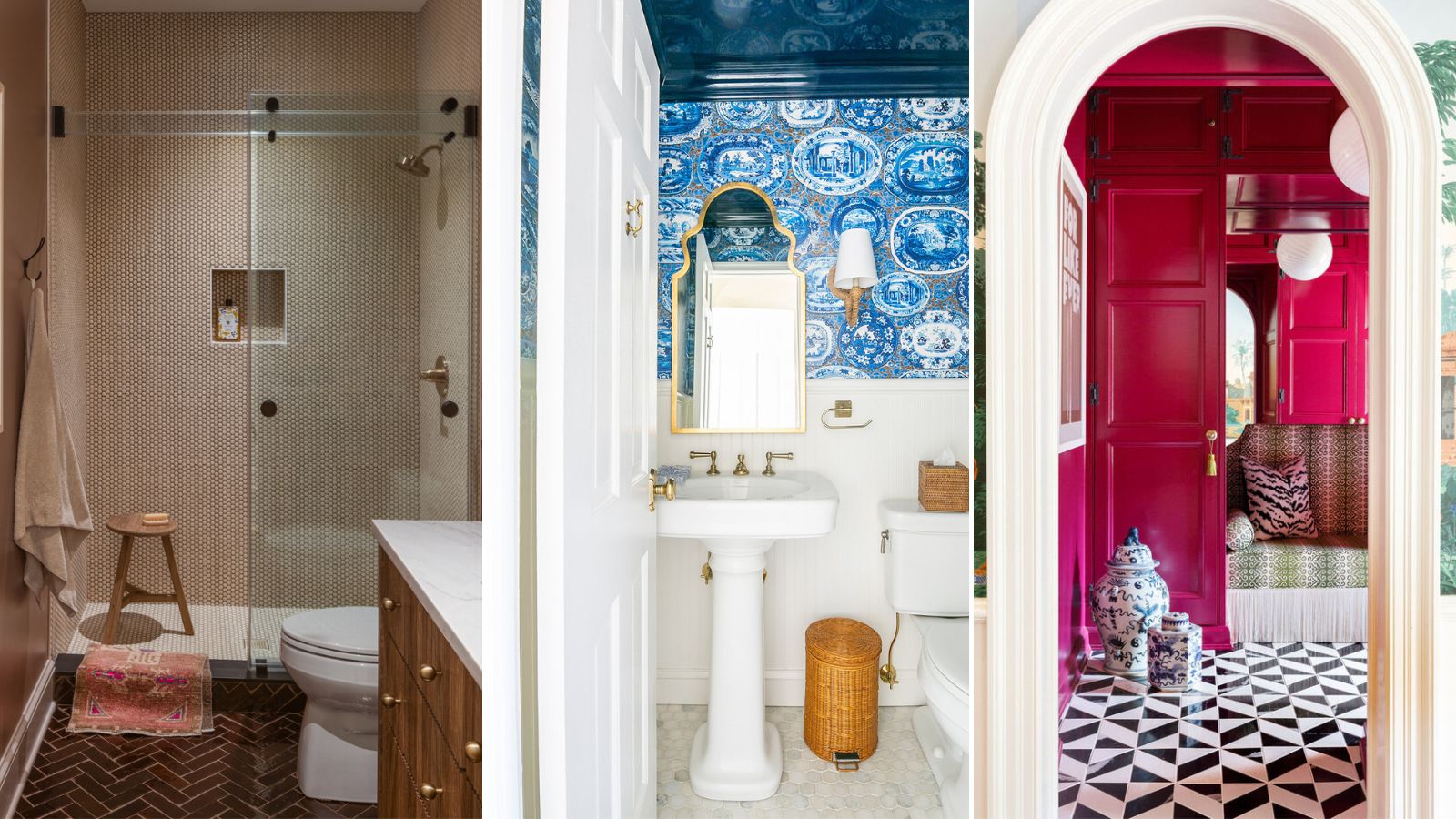 6 ways to decorate a windowless room, according to interior designers who have tackled the challenge
6 ways to decorate a windowless room, according to interior designers who have tackled the challengeA windowless room is undeniably a hard room to decorate, but with these beautiful examples and expert tips, you'll be inspired to look at your space in a new light
By Udita Choudhary
-
 5 things professional cleaners always do to overcome a cleaning roadblock – they're surefire ways to feel 'motivated and clear-headed' experts say
5 things professional cleaners always do to overcome a cleaning roadblock – they're surefire ways to feel 'motivated and clear-headed' experts sayGet your cleaning schedule back on track
By Ottilie Blackhall
-
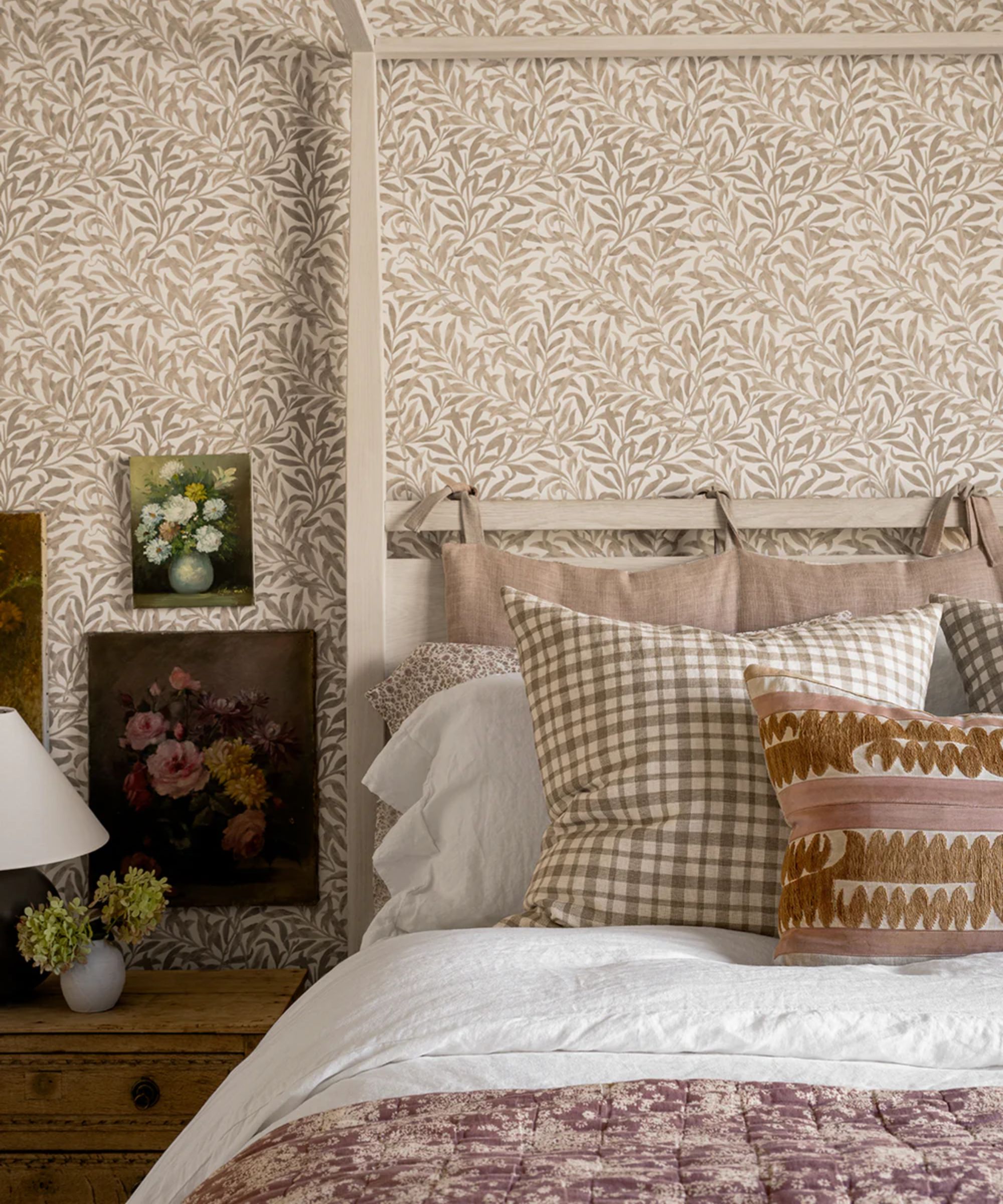 6 ways to prevent mold and damp in bedrooms – expert solutions to maintain a safe sleep environment
6 ways to prevent mold and damp in bedrooms – expert solutions to maintain a safe sleep environmentDon't sleep on these six tips, experts urge
By Seraphina Di Mizzurati
-
 I tried the easy Reverse Advent Calendar decluttering method to clear out my home before Christmas – it's brilliant if overwhelm usually gets in your way
I tried the easy Reverse Advent Calendar decluttering method to clear out my home before Christmas – it's brilliant if overwhelm usually gets in your wayIt left my home feeling lighter with minimal effort
By Ciéra Cree
-
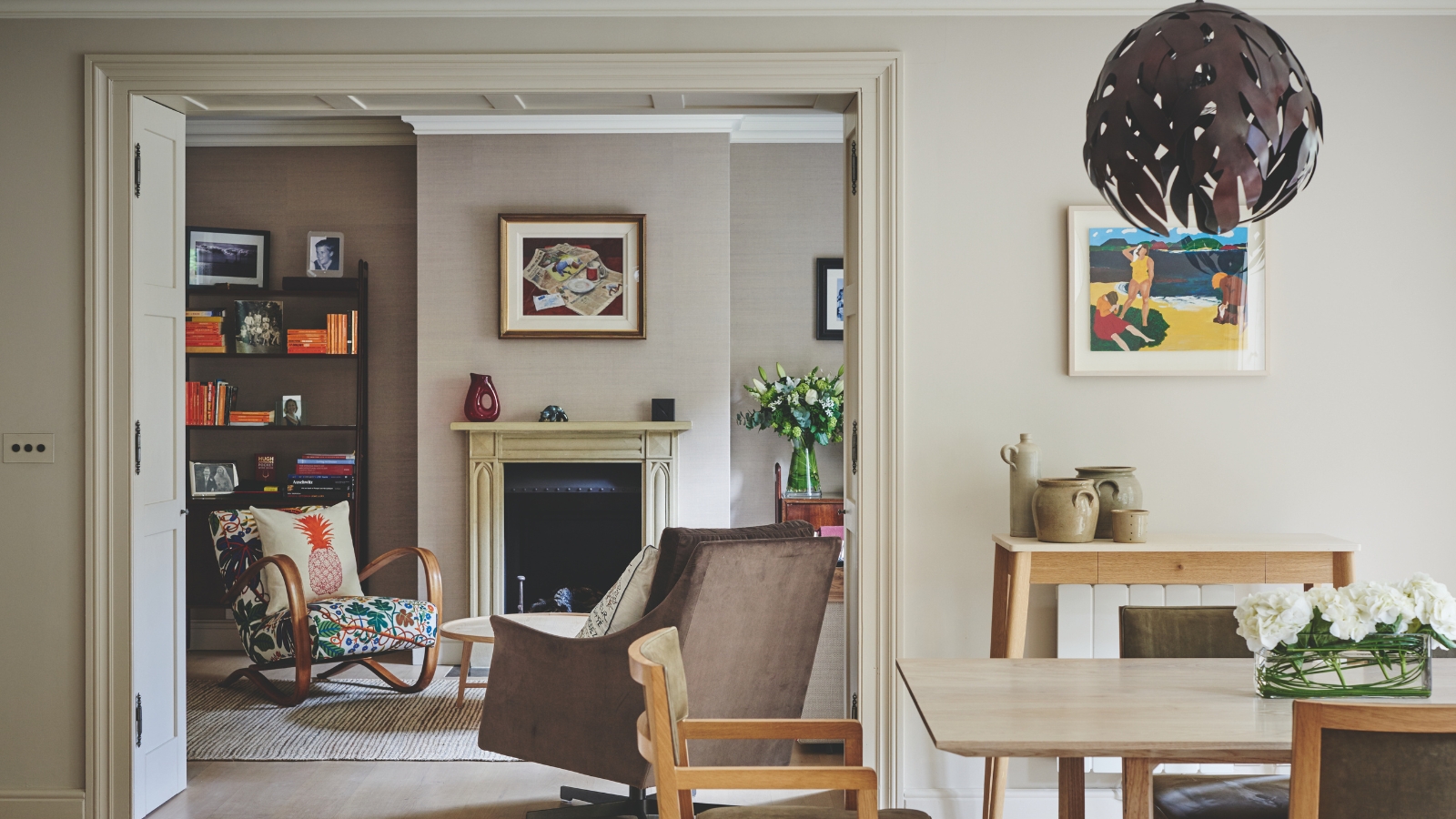 I tried the one-in-one-out method to keep my space clutter-free and it changed my relationship with shopping for good
I tried the one-in-one-out method to keep my space clutter-free and it changed my relationship with shopping for goodI added a few caveats that made the rule work better for me
By Ciéra Cree
-
 8 things you should never store in a playroom and where to put them instead
8 things you should never store in a playroom and where to put them insteadRead our top tips on how to keep your playroom organized and fun at the same time
By Sophie Warren-Smith
-
 7 fall home maintenance tips experts never skip in their own properties
7 fall home maintenance tips experts never skip in their own propertiesSeven pro steps to maintain your home this fall
By Andy van Terheyden
-
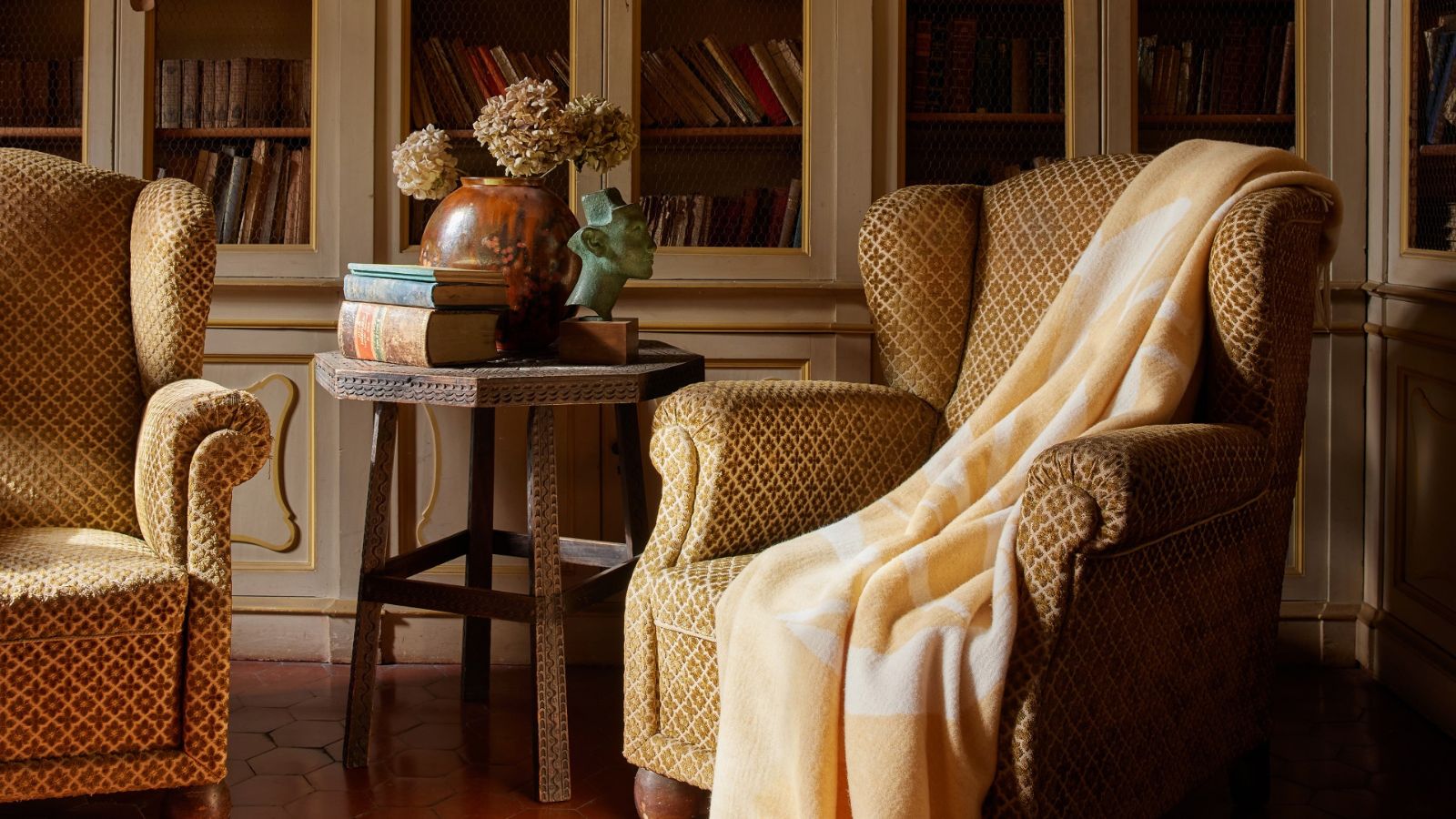 I’m in chronic pain and have used heating pads for 15 years to cope at home in cold weather – the best I've ever used is on sale for Amazon Prime's last day of deals
I’m in chronic pain and have used heating pads for 15 years to cope at home in cold weather – the best I've ever used is on sale for Amazon Prime's last day of dealsI've used more than 30 electric heating pads and they're my go-to for pain relief
By Punteha van Terheyden
-
 A professional organizer's best seasonal storage tips for living rooms – they're the key to having easy access, reduced clutter and improved functionality
A professional organizer's best seasonal storage tips for living rooms – they're the key to having easy access, reduced clutter and improved functionalityWelcome in the new season with stylish storage tips for fall
By Ottilie Blackhall
-
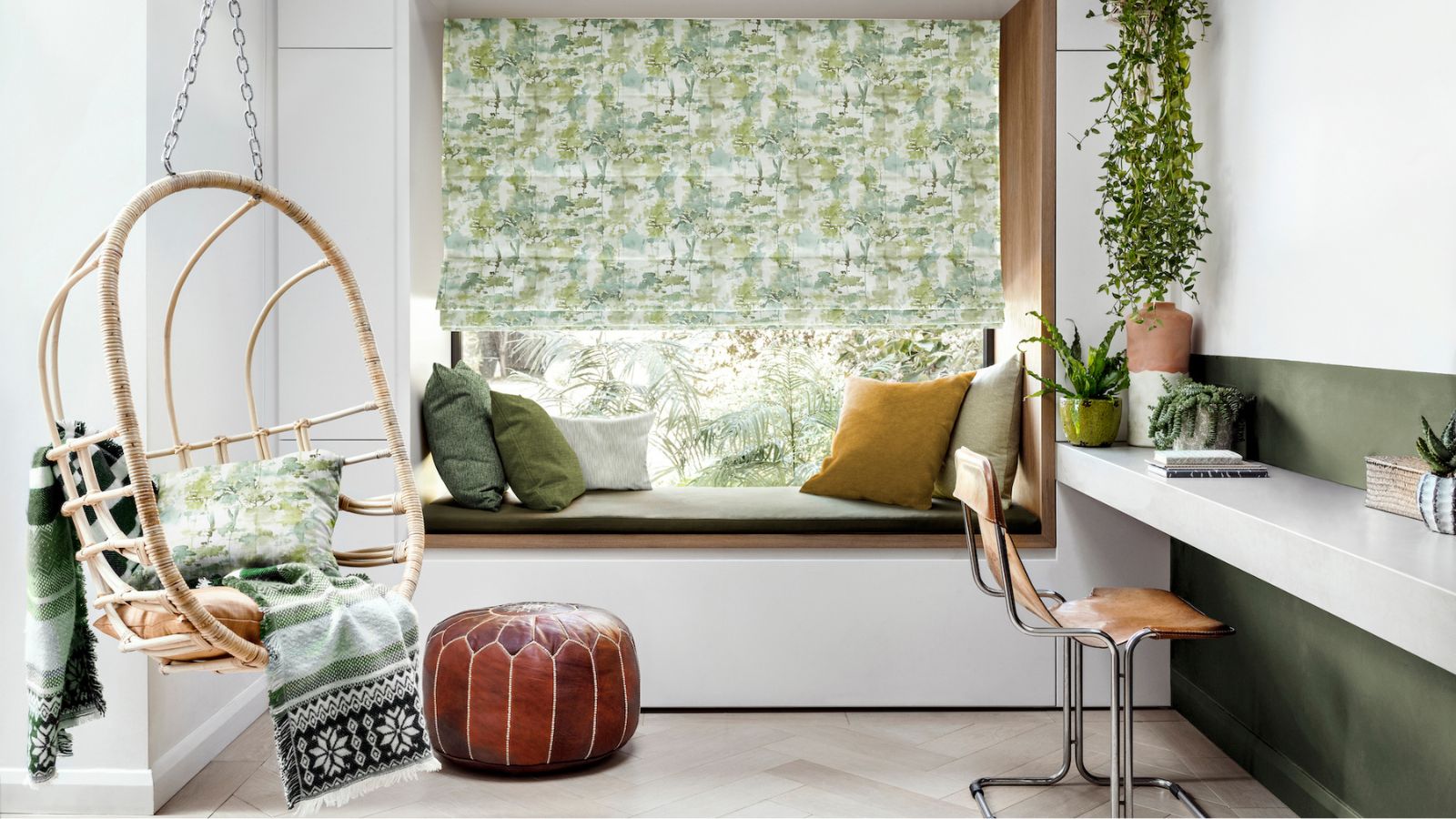 How to elevate your teen's former bedroom into a beautiful home office
How to elevate your teen's former bedroom into a beautiful home officeTips and advice from an interior designer and a professional organizer on how to transition your teen's bedroom into a home office
By Ashley Chalmers